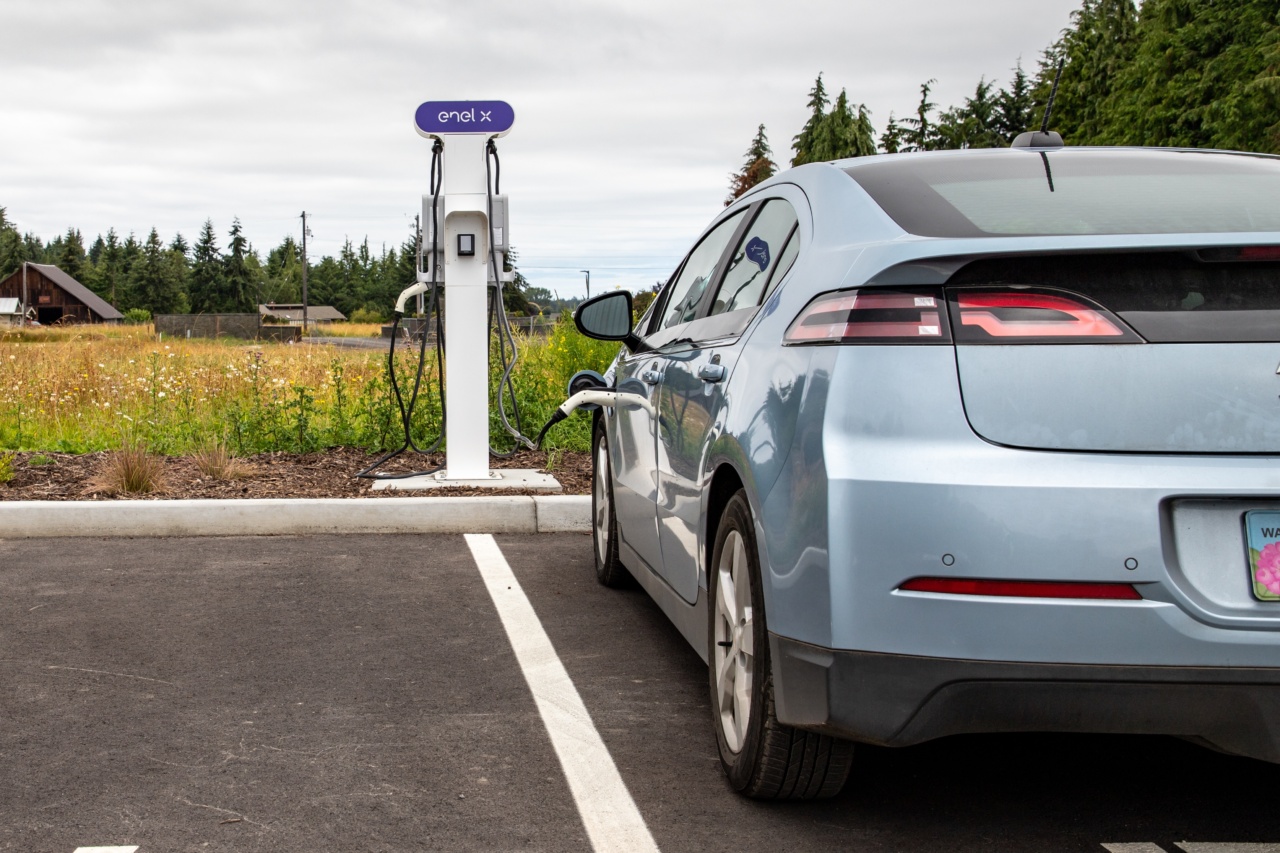Electric vehicles have been a major thrust for years now, with many automakers producing sustainable cars with electric powertrains. As more people are buying electric cars, it’s essential to consider the insurance aspects of owning an EV.
As it stands, the insurance industry is focused on meeting the needs of traditional combustion engine vehicles, and this means there’s a vacuum in providing policies suited for the needs of electric cars’ owners.
Why Electric Cars are Different from Traditional Cars
EVs differ significantly from traditional cars in several ways. First, they have a unique power system, making it complicated for insurers to evaluate and measure the risks involved.
The cost of some electrical components is relatively high compared to the conventional petrol engine parts, including electric motors, battery packs, and power electronics. Besides, the battery can burn for a longer period in case of a collision, leading to an increased risk of severe damage. An electric car insurance policy must, therefore, reflect this risk.
What to Consider When Insuring an Electric Car
Perhaps the most significant consideration when insuring an electric car is finding the right level of coverage, and coverage suitable for your car.
Apart from EV-specific risks, most of the essential coverage options are similar for both traditional and electric cars. As such, you must ensure that your insurance policy covers all your car’s risks correctly.
Battery Replacements and Costs of Repairs
The battery is the most expensive part of an electric car, and replacing one can cost thousands of dollars. Some insurance providers offer specialized EV plans that cover such replacement costs.
EV insurance policies can pay for the repair or replacement of such expensive car systems like electric engines and battery packs. If an electric vehicle gets damaged, the insurance company covers repair costs and replacement of car systems so long as such damage is not caused by malicious intent or reckless driving.
Charging and Range Reduction
Charging an electric car is significantly cheaper than fueling a gasoline vehicle, which translates into lower driving costs. The driving range of an electric car is also critical when it comes to EV insurance.
The EV insurance must cover the owner’s range anxiety and other EV property exposures. For instance, suppose you’re traveling to the countryside and need to recharge your electric vehicle. In that case, you might have to rely on roadside charging stations, which might not be an option in rural areas.
Such a scenario can lead to range anxiety, and you must ensure that your insurance policy covers such instances.
Repair/Mechanic Expertise
Electric cars have different components from their traditional counterparts. As such, a mechanic must have experience and expertise in EVs.
Critical car systems like high voltage and power electronics and electric motors require adequately skilled technicians. Replacing or repairing these parts requires specialized training and tools, which means that repair costs for EVs are usually higher than for traditional cars.
In cases where EV drivers take their cars to a regular auto body repair shop, there is a risk of substandard work and the fresh issue of whether the repair work’s warranty is still valid. It’s essential to ensure that your insurance policy provides experts who will help repair or replace your damaged EV quickly.
EV-Specific Discounts and Incentives
Many automakers offer incentives on hybrid and electric cars, including government rebates and tax credits, lower registration fees, free parking, and access to carpool lanes.
EV insurance providers also offer additional discounts that vary depending on the insurer. These discounts can reduce EV owners’ overall insurance costs significantly.
Supposing you’re considering purchasing an electric vehicle, it would be best to make sure that the insurance policy on offer provides additional reductions that can make owning an EV affordable in the long term.
Conclusion
Electric car insurance policies must be designed to address risks specific to electric cars. Insuring an electric car is more complicated than insuring a conventional petrol engine car.
EV owners must ensure that their insurance policy covers all their vehicle needs. This includes the cost of repairing EV-specific components like batteries and electric motors, charging and range reduction, repair/mechanic expertise, and discounts and incentives.
To find the best insurance policy, shop around and compare rates from different insurers to find one that meets your needs and budget.





























